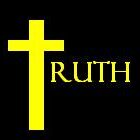Discernment is the divine enablement to distinguish between truth and error, good and evil, right and wrong. A person with this gift can differentiate pure from impure motives, identify deception in others, determine authenticity of messages from God, recognize false teaching and sense …
Read More
